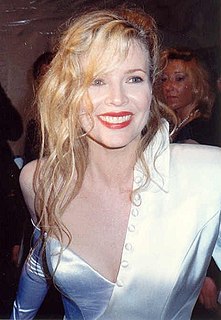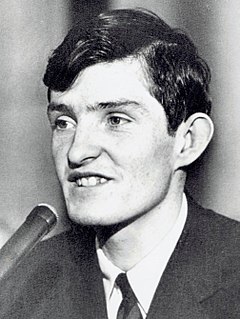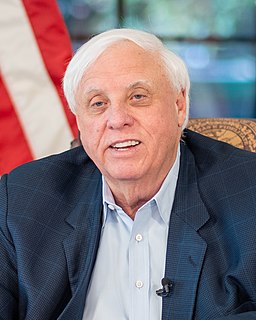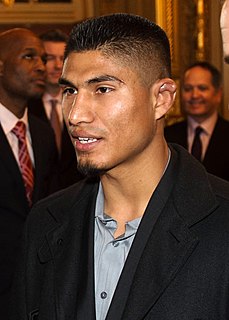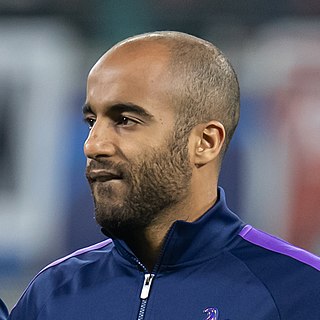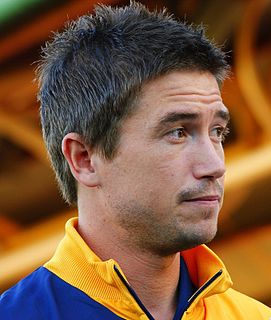A Quote by Alex Oxlade-Chamberlain
I started going training with Southampton, and they were selecting the team for the under-9s. I did a six-week trial and got in. I was quite lucky to play at a good standard from a very young age.
Related Quotes
I was so lucky because I started working very young. And my father was very wealthy and I didn't need to work. I did my films. I was very well paid for my age, and I could make choices, decide not to do a film for six months and wait until I'd get the right thing. Which made me quite a coward, you know. It's so easy to say no to stuff, and then, after a while, it's very hard to go back in.
Back home, if you get scored on, you're the weak link. When I started getting good, they were like, 'If you're going to play on our team when we go play pick-up, and you start getting scored on, we're not going to let you play anymore.' I started learning how to help other people out with my defense.
I went to the University of Georgia for a year before I left, and then I went to live with Eileen Ford in New York for the modeling agency. I thank god I could do that because all the other kids were getting jobs doing other things, and when I got to New York, I was very blessed. I didn't have to stop and be a waitress. I started making money at a very young age and was just very lucky.
When I first came into international running, most runners did about 60-70 miles or running a week. I guess that is still the standard except for Kenya and Ethiopia. I was doing 150-250 a week and some weeks as high as 350. It was unheard of! But, because I did not have access to what was possible and standard, I had to set my own possibilities and standards. I was just lucky enough to be out of the loop and not know.
My dad was a great athlete. He started golf at a late age. He started me off real young and all of a sudden both of us got to where we were pretty good players. I was this 12-year-old thinking he was going to be the next Tiger Woods and all of a sudden, before you know it, I'm playing in the State Amateur.
At age nine, I got a paper route. Sixty-six papers had to be delivered to sixty-six families every day. I also had to collect thirty cents a week from each customer. I owed the paper twenty cents per customer per week, and got to keep the rest. When I didn't collect, the balance came out of my profit. My average income was six dollars a week.






